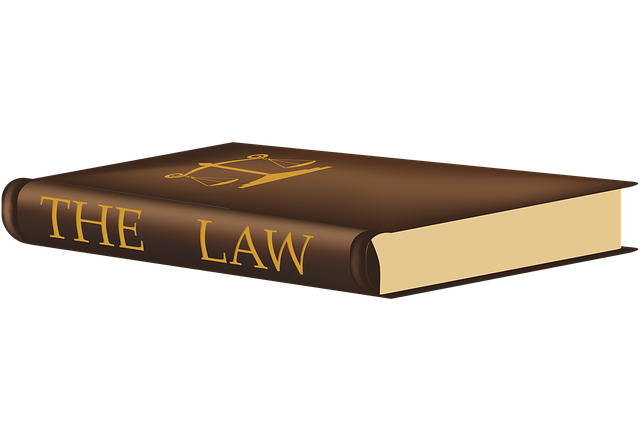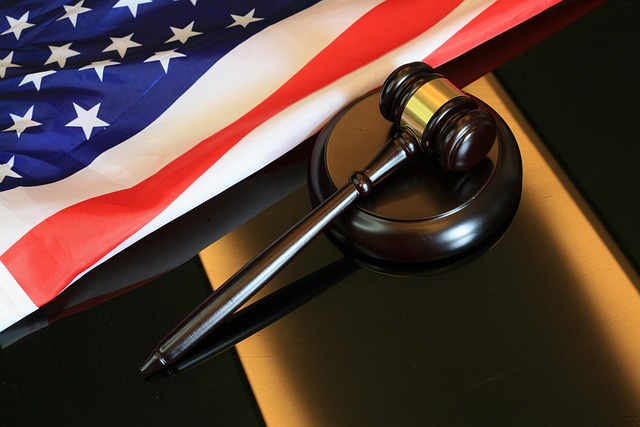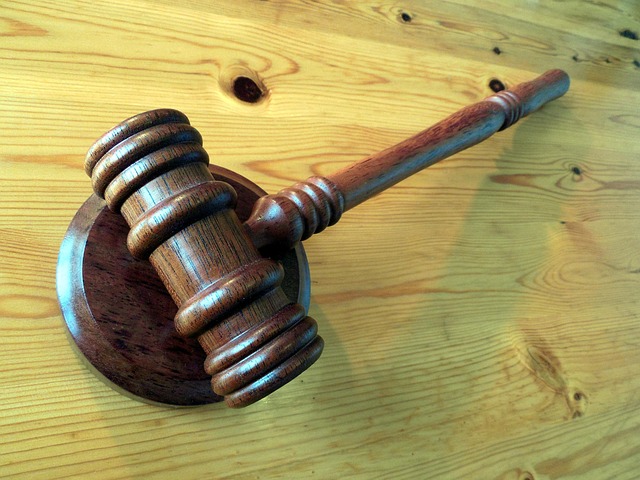Litigation encompasses diverse cases, from civil disputes to complex criminal proceedings. The Miranda Rights, established by the U.S. Supreme Court, are a cornerstone of criminal justice, ensuring suspects' constitutional rights against self-incrimination and their right to legal counsel during arrest and questioning. These rights, vital for fair treatment, significantly impact case outcomes, especially in high-profile cases. Understanding Miranda Rights is crucial not only in criminal cases but also in civil litigation against law enforcement or government entities, where strategic maneuvering requires knowledge of legal principles and potential remedies.
In the intricate landscape of legal disputes, understanding litigation types is paramount. This comprehensive guide delves into the essence of legal confrontations, from criminal proceedings to diverse civil litigation forms. Key focus lies on exploring the pivotal role of Miranda warnings in criminal cases, underscoring their importance in protecting individual rights. By differentiating between criminal and civil lawsuits, this article offers a detailed breakdown, enabling readers to navigate the intricate tapestry of legal systems with enhanced insight, especially regarding Miranda Rights in criminal proceedings.
- Understanding Litigation: An Overview of Legal Disputes
- Criminal Proceedings: When Miranda Rights Come into Play
- The Importance of Miranda Warnings: Protecting Individual Rights
- Common Types of Civil Litigation: A Breakdown
- Differentiating Between Criminal and Civil Lawsuits
Understanding Litigation: An Overview of Legal Disputes
Litigation is a fundamental aspect of the legal system, encompassing various types of disputes resolved through judicial processes. At its core, it involves parties in conflict seeking recourse and redress from courts or other tribunals. This intricate web of legal battles ranges from civil disagreements between individuals or entities to complex corporate conflicts and criminal proceedings. Understanding litigation requires appreciating the nuances of these diverse scenarios.
In criminal cases, for instance, the Miranda Rights serve as a cornerstone, ensuring that suspects are informed of their constitutional rights during arrest and questioning. This fundamental protection is pivotal in balancing the state’s pursuit of justice with the individual’s right to due process. Beyond criminal proceedings, litigation plays a vital role in resolving disputes within philanthropic and political communities, where interests may clash. Whether involving corporate and individual clients or addressing societal issues, litigation provides a structured avenue for seeking remedies, be it through settlement, arbitration, or trial.
Criminal Proceedings: When Miranda Rights Come into Play
In criminal proceedings, the Miranda Rights play a pivotal role, ensuring that suspects are protected from self-incrimination and have the right to legal counsel. These rights, established by the Supreme Court, are read to individuals upon their arrest or detention, outlining their constitutional protections. The general criminal defense strategy often revolves around understanding and invoking these rights, as they safeguard against forced confessions or any statements that could be used against an individual in a court of law.
When a person is arrested for a crime, whether it’s a high-profile case involving white-collar defense or a more straightforward assault charge, the police must inform them of their Miranda Rights. This includes the right to remain silent, to consult with an attorney, and to have an attorney present during questioning. The presence of these rights is crucial as it enables suspects to make informed decisions about their participation in the legal process, including their decision to invoke or waive their constitutional protections, thereby influencing the outcome of jury trials and overall case resolution.
The Importance of Miranda Warnings: Protecting Individual Rights
In criminal proceedings, the importance of Miranda warnings cannot be overstated. These legal protections, established by the U.S. Supreme Court in the landmark case Miranda v. Arizona, are designed to safeguard individual rights and ensure fair treatment during interrogation. By informing suspects of their right to remain silent, the right to an attorney, and the consequences of waiving these rights, Miranda warnings empower individuals to make informed decisions when facing potential legal repercussions. This is crucial for maintaining the integrity of the justice system, as it helps prevent coercion and ensures that every person accused of a crime understands their legal standing.
Across the country, respecting business between law enforcement and citizens, Miranda rights play a pivotal role in winning challenging defense verdicts. Understanding and adhering to these rights are essential components of any effective criminal defense strategy. Lawyers skilled in this area know that when properly invoked, Miranda warnings can significantly impact the outcome of a case. By protecting individual rights at every stage of the legal process, these warnings contribute to a more just and equitable society where everyone is afforded the presumption of innocence until proven guilty beyond a reasonable doubt.
Common Types of Civil Litigation: A Breakdown
In civil litigation, individuals or entities resolve disputes outside of a criminal context, focusing on resolving conflicts between private parties. Common types include personal injury cases where one party seeks compensation for harm caused by another’s negligence, breach of contract claims involving contractual disagreements, and property disputes over land or possession. These cases often culminate in settlement agreements or, if unresolved, proceed to jury trials, providing a platform for both sides to present their arguments and evidence.
Within the realm of civil litigation, understanding one’s rights is crucial, especially when it comes to Miranda Rights in Criminal Proceedings. While these rights are fundamental in criminal defense, ensuring a fair trial, they can also serve as a strategic tool during civil cases involving law enforcement or government entities. A general criminal defense strategy may include challenging evidence, examining witnesses, and constructing a compelling narrative to achieve winning challenging defense verdicts. Whether through settlement negotiations or jury trials, the goal is to secure the best possible outcome for the client while upholding legal principles.
Differentiating Between Criminal and Civil Lawsuits
When navigating the legal system, understanding the distinction between criminal and civil lawsuits is paramount. While both involve legal disputes, their objectives, procedures, and potential outcomes significantly differ. Criminal lawsuits are initiated by a government entity, alleging an individual has committed a crime against society. These proceedings focus on punishment and deterrence, with the state bearing the burden of proof beyond a reasonable doubt. In contrast, civil lawsuits arise from disputes between private parties over contractual obligations, tortious acts, or property damages. The plaintiff must prove their case by a preponderance of evidence, aiming to achieve compensation or specific performance rather than incarceration.
A key differentiator is the impact on an individual’s freedom. Criminal cases often involve significant consequences, such as fines and imprisonment, if found guilty. In contrast, civil lawsuits typically result in monetary judgments or equitable remedies like injunctions. Furthermore, criminal proceedings include protections like the Miranda Rights, ensuring individuals accused of crimes are informed of their rights to remain silent and consult with an attorney. Achieving extraordinary results in these cases across the country often hinges on robust legal representation that navigates complex constitutional and evidentiary rules, ultimately leading to a complete dismissal of all charges if the defendant’s innocence is established.
In understanding litigation, it’s clear that both criminal and civil lawsuits serve distinct purposes. While criminal proceedings focus on holding individuals accountable for alleged crimes through Miranda rights protection, civil litigation centers on resolving disputes between parties. By grasping the differences between these types of cases and the protections in place, such as the crucial role of Miranda warnings in criminal proceedings, individuals can better navigate legal systems and protect their rights.






